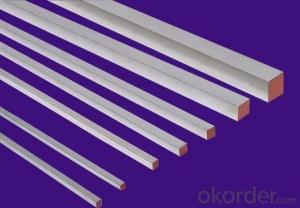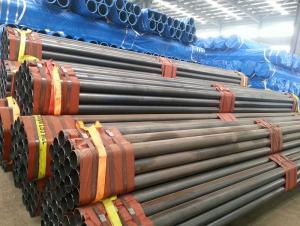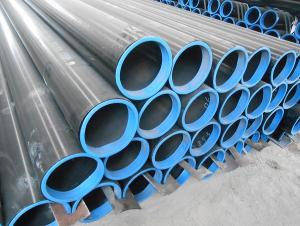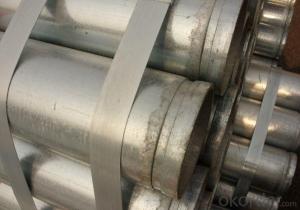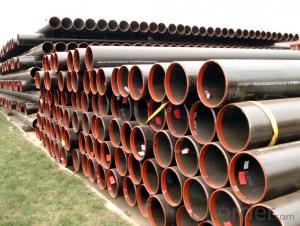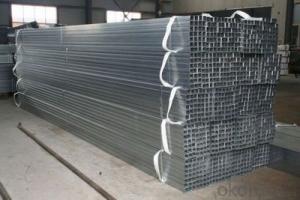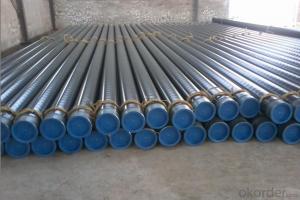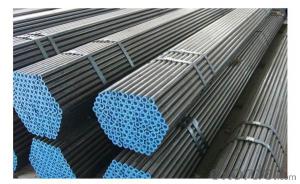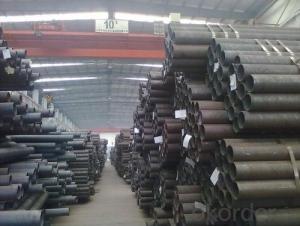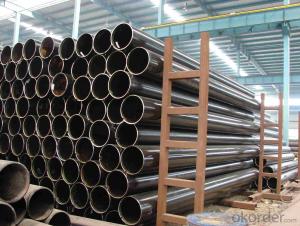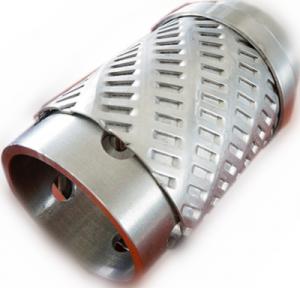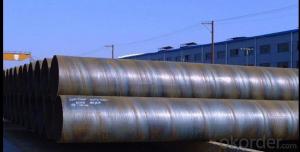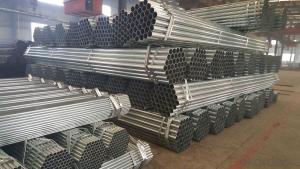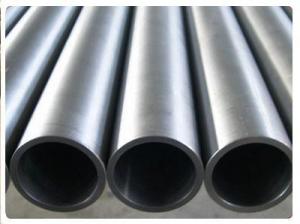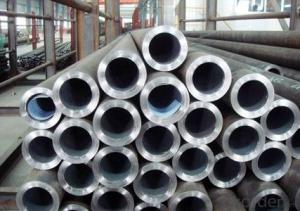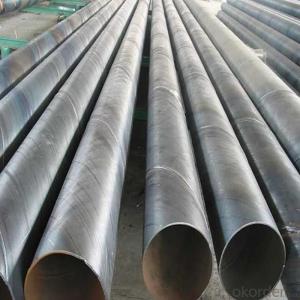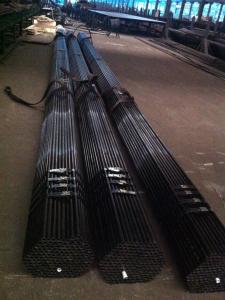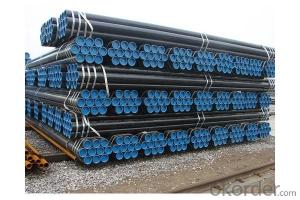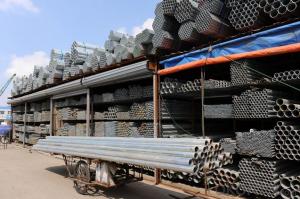All Categories
- - Steel Wire Rod
- - Steel Coils
- - Steel Profiles
- - Steel Pipes
- - Stainless Steel
- - Tinplate
- - Special Steel
- - Steel Sheets
- - Steel Rebars
- - Steel Strips
- - Hot Rolled Steel
- - Cold Rolled Steel
- - Pre-painted Steel
- - Seamless Steel Pipe
- - Welded Steel Pipe
- - Hollow Steel Tubes
- - Galvanized Pipe
- - Stainless Steel Coil
- - Stainless Steel Sheet
- - Stainless Steel Plate
- - Stainless Steel Strips
- - Electrolytic Tinplate Coil
- - Electrolytic Tinplate Sheet
- - Stainless Steel Rebars
- - Solar Panels
- - Solar Water Heater
- - Solar Related Products
- - Solar Inverter
- - Solar Cells
- - Solar Light
- - Solar Energy Systems
- - Solar Controllers
- - Solar Mounting System
- - Solar Pump
- - Solar Chargers
- - Fiberglass Chopped Strand
- - Fiberglass Mesh Cloth
- - Composite Pipes
- - FRP Pultrusion Profiles
- - Fiberglass Mat Tissue
- - Fiberglass Fabrics
- - Fiberglass Mesh
- - Composite Tank
- - Fiberglass Mesh tape
- - Polymer
- - FRP Roofing Panel
- - Fiberglass Roving
- - Monolithic Refractories
- - Ceramic Fiber Products
- - Refractory Bricks
- - Raw Materials For Refractory
- - Suspended Platform
- - Cranes
- - Concrete Machinery
- - Earthmoving Machinery
- - Building Hoist
- - Road Building Machinery
- - Plastic Pipe Fittings
- - Plastic Tubes
- - Plastic Sheets
- - Agricultural Plastic Products
- - Plastic Nets
 All Categories
All Categories
Q & A
Can welded steel pipes be used for research testing facilities?
Yes, welded steel pipes can be used for research testing facilities. They are commonly utilized in various industries, including research and testing, due to their durability, strength, and ability to withstand high pressure and temperature conditions. Welded steel pipes are also known for their excellent corrosion resistance, making them suitable for various applications within research testing facilities.
What is the difference between fusion welding and pressure welding for welded steel pipe?
Fusion welding and pressure welding are two different methods used for welding steel pipes.
Fusion welding involves melting the edges of the pipes and fusing them together using heat. This method typically involves the use of a filler material to strengthen the weld joint. Fusion welding can be done using various techniques such as arc welding, gas welding, or laser welding. It is commonly used for joining pipes of similar or dissimilar materials.
On the other hand, pressure welding, also known as butt welding, involves applying pressure to the ends of the pipes to be joined, creating a solid and seamless weld joint. This method does not require the use of a filler material. Pressure welding is usually achieved using specialized machinery or equipment that applies pressure and heat simultaneously to the pipe ends, ensuring a strong and durable bond.
In summary, the main difference between fusion welding and pressure welding for welded steel pipes lies in the technique used and the need for a filler material. Fusion welding involves melting the edges of the pipes with the use of heat and a filler material, while pressure welding relies on applying pressure and heat to create a solid weld joint without the need for additional materials.
How are the dimensions and tolerances of welded steel pipes specified?
The dimensions and tolerances of welded steel pipes are typically specified according to industry standards such as the American Society for Testing and Materials (ASTM) or the International Organization for Standardization (ISO). These specifications define the required dimensions, such as outer diameter, wall thickness, length, and straightness, as well as the acceptable tolerances for each parameter. The tolerances ensure that the pipes meet the required quality and performance standards while allowing for slight variations during the manufacturing process.
Can welded steel pipes be used for offshore applications?
Yes, welded steel pipes can be used for offshore applications. They are commonly used in offshore oil and gas industries for various purposes such as transporting fluids, structural support, and carrying out drilling operations. Welded steel pipes are preferred due to their high strength, durability, and ability to withstand harsh offshore environments, including extreme temperatures, corrosive saltwater, and high pressure. Additionally, they can be customized to meet specific project requirements, making them suitable for offshore applications.
How is the surface roughness of welded steel pipe measured?
The surface roughness of welded steel pipe is typically measured using a profilometer, which is a device that measures the texture and roughness of a surface by moving a stylus or probe across it and recording the variations in height.
Wholesale Welded Steel Pipe from supplier in Guinea
Whether you are in need of Welded Steel Pipe for construction, infrastructure, or industrial applications, we have the expertise and resources to meet your requirements. Our Welded Steel Pipe is manufactured using high-quality materials and advanced production techniques, ensuring durability and superior performance.
Our team of dedicated professionals is committed to delivering exceptional customer service. From the initial sales inquiry to after-sales support, we strive to provide a seamless experience for our customers in Guinea. Our knowledgeable staff is available to assist you with product selection, technical specifications, and any other inquiries you may have.
Additionally, we understand the importance of competitive pricing and timely delivery. With our extensive network and strong supply chain management capabilities, we are able to offer competitive prices and ensure on-time delivery of our products to customers in Guinea.
Furthermore, we place great emphasis on quality control and product certification. Our Welded Steel Pipe meets international standards and undergoes rigorous testing to ensure compliance with industry regulations. We can provide relevant product certifications and documentation to ensure the quality and reliability of our products.
In summary, as a leading supplier of Welded Steel Pipe in Guinea, we offer a comprehensive range of products, along with sales, quotation, and technical support services. With our convenient one-stop procurement services, competitive pricing, and commitment to quality, we aim to be your trusted partner for all your Welded Steel Pipe needs in Guinea.
Our team of dedicated professionals is committed to delivering exceptional customer service. From the initial sales inquiry to after-sales support, we strive to provide a seamless experience for our customers in Guinea. Our knowledgeable staff is available to assist you with product selection, technical specifications, and any other inquiries you may have.
Additionally, we understand the importance of competitive pricing and timely delivery. With our extensive network and strong supply chain management capabilities, we are able to offer competitive prices and ensure on-time delivery of our products to customers in Guinea.
Furthermore, we place great emphasis on quality control and product certification. Our Welded Steel Pipe meets international standards and undergoes rigorous testing to ensure compliance with industry regulations. We can provide relevant product certifications and documentation to ensure the quality and reliability of our products.
In summary, as a leading supplier of Welded Steel Pipe in Guinea, we offer a comprehensive range of products, along with sales, quotation, and technical support services. With our convenient one-stop procurement services, competitive pricing, and commitment to quality, we aim to be your trusted partner for all your Welded Steel Pipe needs in Guinea.
